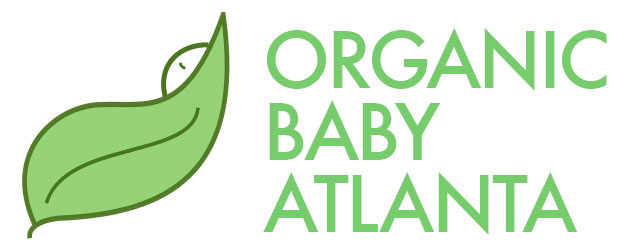Would you cross-nurse someone else’s baby? Or would you pump and share your milk with a baby that needed it?
When my daughter was born, she was what is euphemistically called “a high-needs baby.” In non-euphemistic terms, this meant that she wanted to be latched onto my breast 24/7 and she screamed like she was dying if I ever tried to take her off, much less put her down. It didn’t matter if she was sound asleep–she’d wake up the second I tried to remove her mouth from my body. She was attached in the very literal sense of the word.
I feel fortunate that I was able to breastfeed her as much as she wanted–I didn’t have to work and I had plenty of milk supply with no painful latch issues–but few mothers have that luxury. In many cultures, cross-nursing–the practice of nursing other women’s babies–is common. Usually there are cultural rules that guide it; often only relatives will nurse each other’s children. But even having one or two other people who can feed your baby is a huge difference from being the only person in the world who can feed your baby. I’m sure every mom who has ever breastfed (especially those who have breastfed a baby who won’t take a bottle or a pacifier) knows exactly what I mean.
I used to wish passionately that there were someone else who could comfort my baby with the one thing that really made her happy. I used to imagine what it would be like if I had a sister or a friend with a baby the same age who could nurse my baby long enough for me run to the store. Or to take a shower. Or heck, even to use the toilet. In those early months, a break like that would have felt like heaven.
Our culture tends to think of cross-nursing as weird (even La Leche League discourages it), and milk sharing also makes a lot of mothers uncomfortable. But I can understand why it’s been common in so much of human history. Newborn infants need such constant care, and cross-nursing (or wet-nursing) were the only alternatives until formula was invented. Exclusive breastfeeding is physically and emotionally demanding; I sometimes think that by rejecting options like milk sharing that give breastfeeding moms more flexibility, we make it even more so.
I’m not aware of any resources for moms who want to cross-nurse–I’m pretty sure that for that you’d have to find a friend you trust with a similarly-aged baby who agrees that it’s a cool idea. (And make sure you screen your friend thoroughly for disease, no matter how much you trust her.) But if you have problems breastfeeding and would rather supplement with human milk than formula, then Human Milk 4 Human Babies Georgia can help you connect with local moms who have extra milk they are willing to donate. Keep in mind that you are responsible for screening donors. Ask milk donors to send you the results of blood tests–and don’t hesitate to question them about diet, too.
If you have extra milk supply, you can also donate to a milk bank. (WakeMed Mothers’ Milk Bank is currently the closest bank to Atlanta.) Milk banks provide pasteurized and screened donor milk to premature, allergic, or special needs infants.
